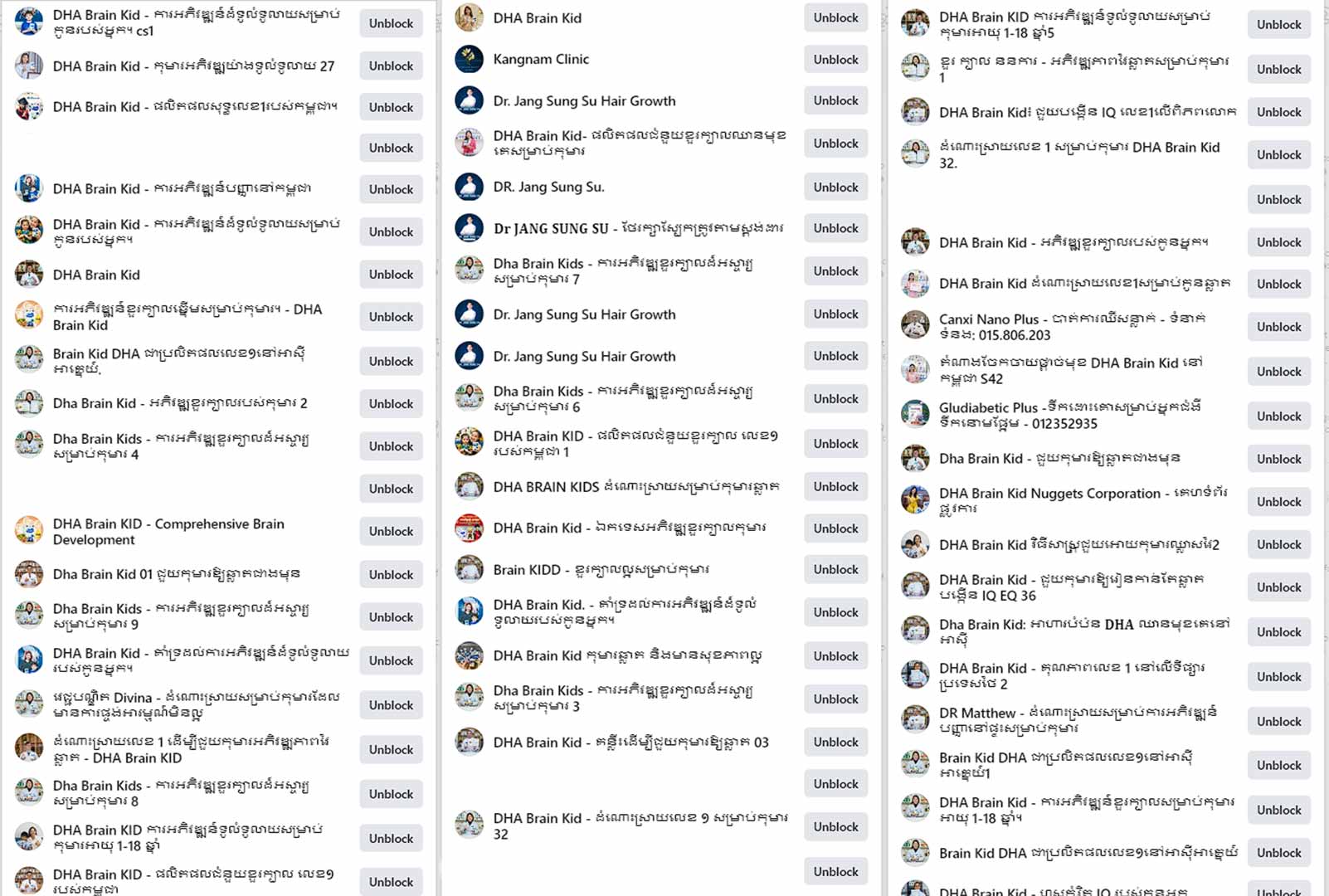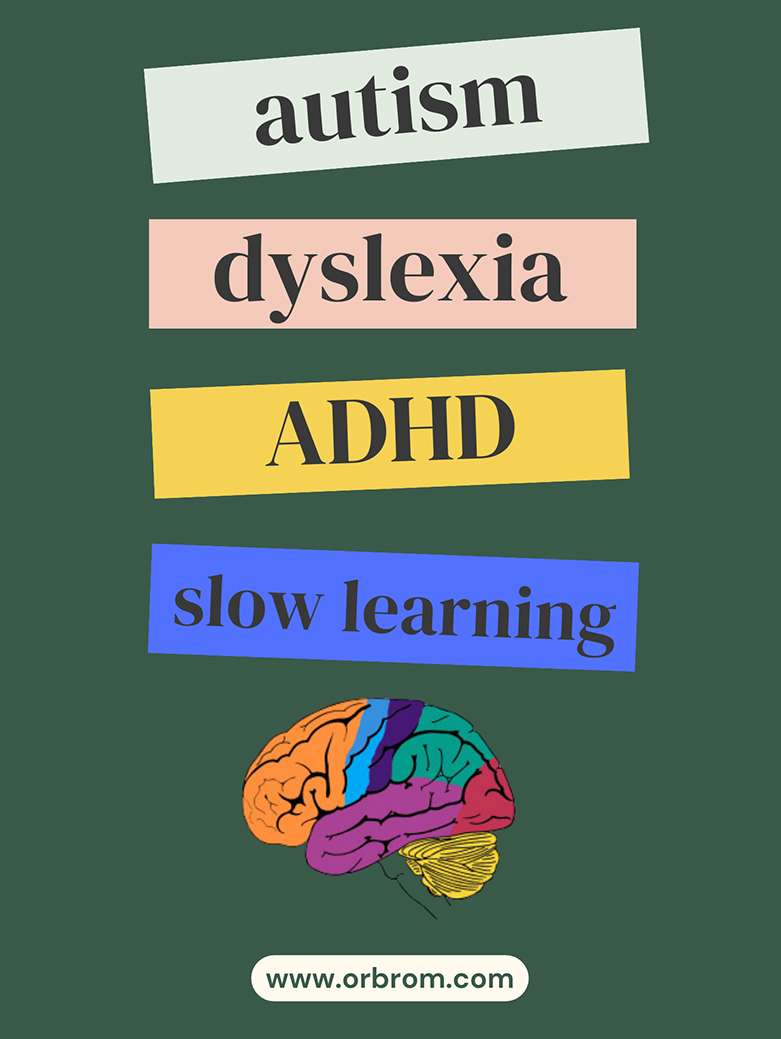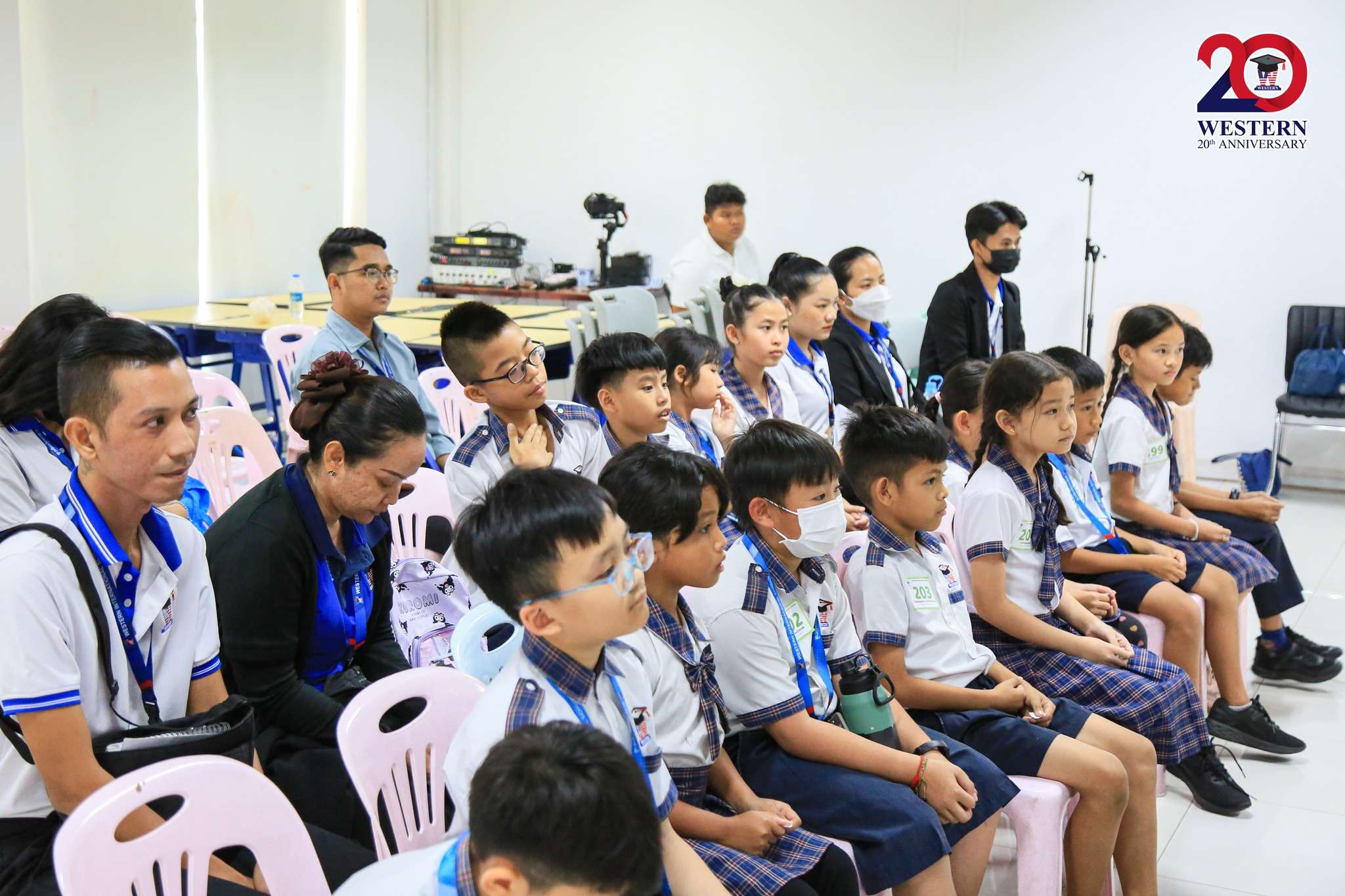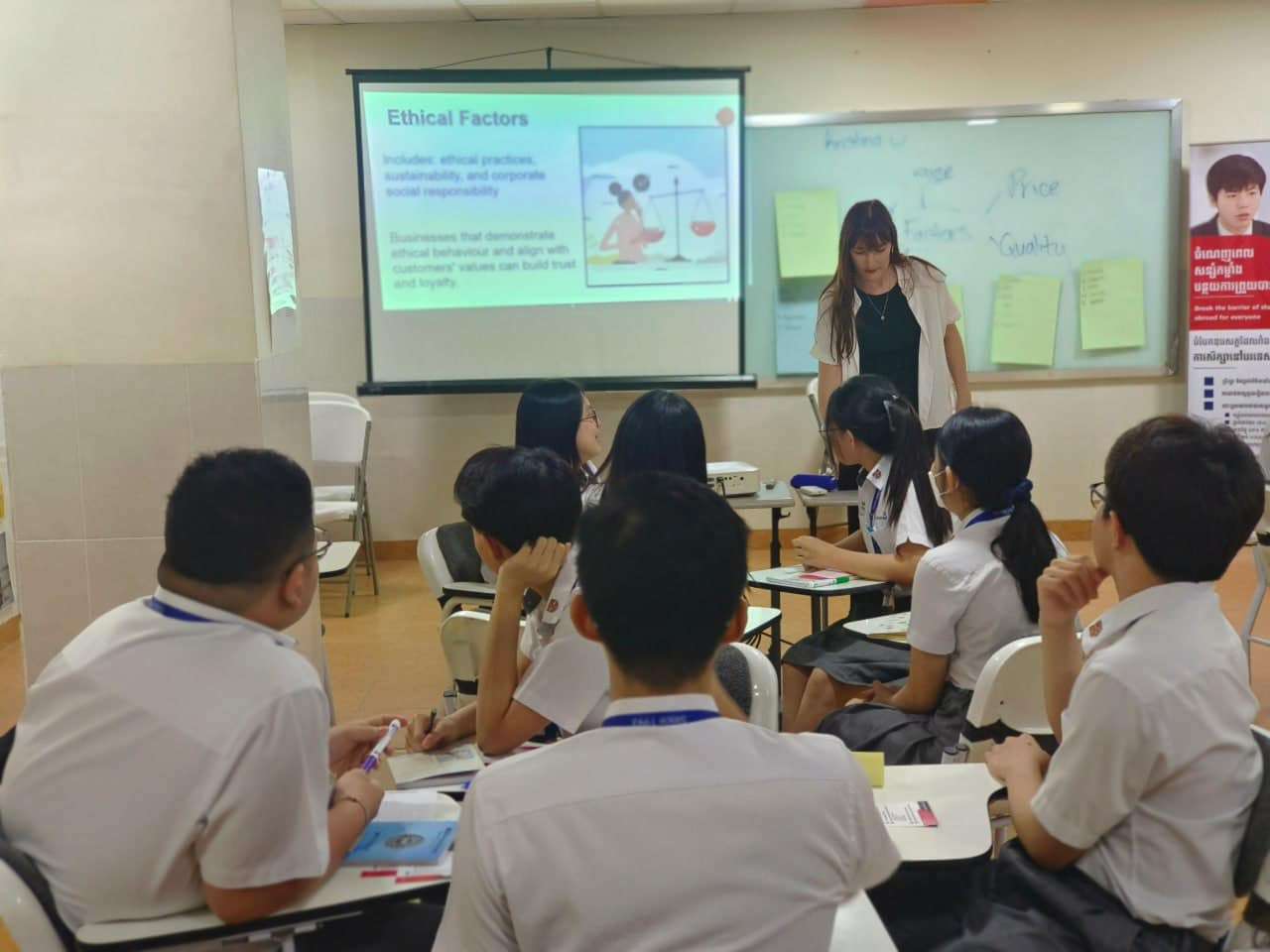The information provided here is for informational purposes only and is not intended to be a substitute for professional medical advice, diagnosis, or treatment. Always seek the advice of your physician or other qualified healthcare provider with any questions you may have regarding a medical condition or treatment and before undertaking any new healthcare regimen.
The benefits of these products might be exaggerated
The Healthy Skeptic: DHA touted as ‘smart’ pill for kids – Los Angeles Times
FDA Advisory No.2023-0822 || Public Health Warning
DHA Brain Kid, a children’s supplement containing DHA (docosahexaenoic acid), has garnered significant attention in recent times. Marketed towards promoting brain development, memory, and learning, it raises questions about its effectiveness and the role of supplements in cognitive function.
DHA: A Building Block for the Brain
DHA, an omega-3 fatty acid, is a crucial component of the brain, particularly the grey matter responsible for cognitive function. Research suggests that DHA plays a vital role in neural development, especially during early childhood. Studies have shown a correlation between adequate DHA intake and improved cognitive function, memory, and learning in children.
Sources of DHA: Food vs. Supplements
The human body can synthesize DHA, but at a limited rate. Dietary sources, particularly oily fish (salmon, tuna, mackerel), are considered the most effective way to obtain sufficient DHA. Vegetarian sources include flaxseeds, chia seeds, and walnuts, although conversion to usable DHA is less efficient.
DHA Brain Kid, like other similar supplements, aims to bridge potential gaps in dietary DHA intake. However, the evidence regarding the effectiveness of DHA supplementation specifically for cognitive enhancement remains inconclusive.
Weighing the Evidence: DHA Brain Kid in Focus
While research supports the importance of DHA for brain development, most studies focus on DHA obtained through dietary sources. Limited research exists specifically on the effectiveness of DHA Brain Kid or similar supplements in promoting cognitive function in healthy children.
Considerations for Parents and Educators
- Consulting a healthcare professional: Before considering DHA supplementation for your child, it’s crucial to consult a pediatrician or licensed dietician. They can assess your child’s individual needs and dietary habits to determine if supplementation is necessary.
- Prioritizing a balanced diet: A balanced diet rich in oily fish, eggs, and certain plant-based sources remains the primary recommendation for ensuring adequate DHA intake.
- Addressing underlying conditions: Certain learning or developmental challenges may benefit from additional interventions beyond dietary modifications. Consulting a healthcare professional can help identify the root cause of any concerns and determine the most appropriate course of action.
Conclusion: A Holistic Approach to Brain Development
While DHA plays a significant role in cognitive function, it’s one piece of a complex puzzle. Factors like sleep, physical activity, and a stimulating environment are equally important for optimal brain development. Ultimately, a balanced diet, combined with a healthy lifestyle, offers the most comprehensive approach to supporting your child’s cognitive well-being.
Additional Considerations:
- The safety and potential side effects of DHA Brain Kid, or similar supplements, require further investigation.
- DHA Brain Kid is not registered with certain regulatory bodies, raising concerns about product quality and potential health risks.
For the latest information and evidence-based recommendations, consulting with a healthcare professional remains the most prudent course of action.








Leave A Comment